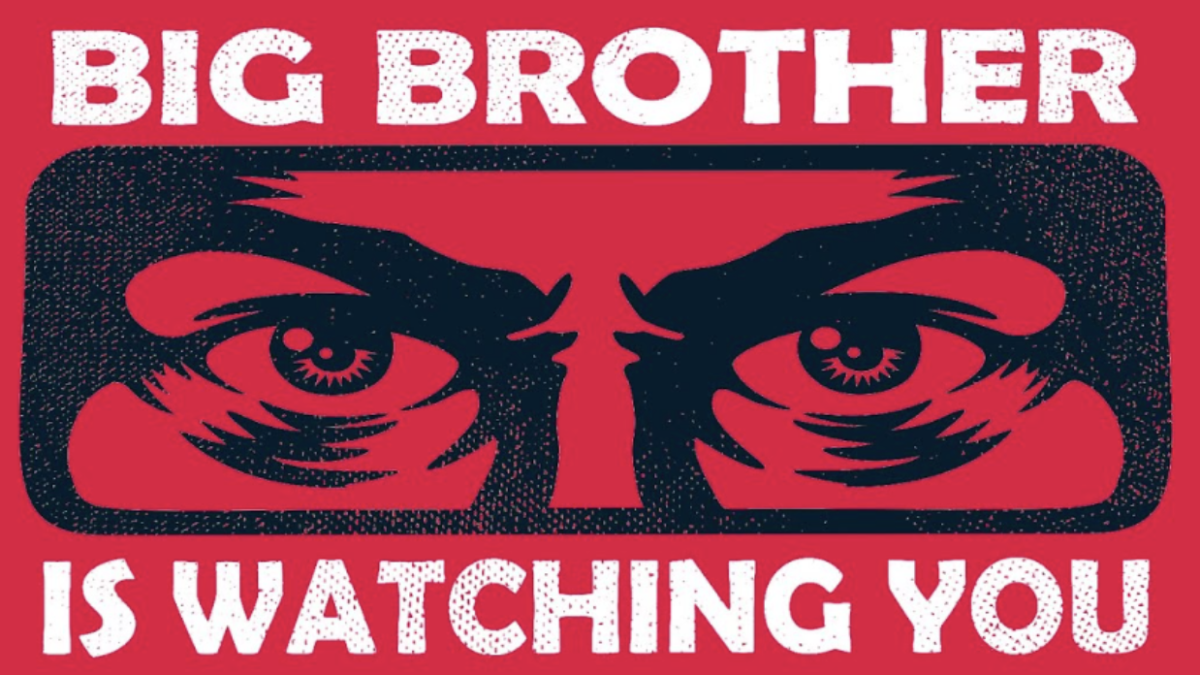Domestic abuse is a pervasive problem in modern societies, affecting millions of families around the world. It involves a pattern of behaviors used by one person in a household to maintain power and control over another, or over all members of the family. Abuse in a relationship can show up in a variety of forms, such as emotional or psychological manipulation, verbal or financial abuse, or even physical violence. Even though the majority of domestic abuse victims are women and children, men are not spared, with 1 out of 7 men having experienced domestic abuse at some point in their lives. While the impact of physical abuse is often evident in victims, other forms of abuse may not be as clear and can stay hidden for years.
Regardless of the type, domestic abuse has a devastating impact on victims, extending far beyond physical harm. Even when the abuse is directed at an adult within the household, everyone is affected and suffers. This is especially true for children, who may suffer long-term mental health problems and behavioral issues as a result of witnessing violence. Furthermore, children exposed to abuse are more likely to experience or perpetrate abuse themselves as adults, perpetuating the cycle of violence. All individuals should have the right to safety, respect, and kindness within their families and in their own homes; a basic right that is vastly threatened for those experiencing domestic abuse. Victims of abuse tend to experience constant fear and anxiety, as well as emotional, mental, and physical health issues. Many also suffer from post traumatic stress disorder as a result and experience low self esteem, as well as impaired decision making abilities.
Many victims of domestic abuse lack safe alternatives or the support they need to leave their situation. They often fear retaliation or face worse consequences if they try to escape. Lack of access to financial or other resources can also impede victims’ abilities to leave even the most dangerous situations. As a result, victims often feel trapped in a cycle of abuse, suffering alone in silence. Those experiencing physical abuse, often present with bruises and broken bones and may suffer from chronic health issues as a result, diminishing the quality of life considerably.
Preventing domestic abuse is not easy and requires a multifaceted approach, with education and awareness being crucial to preventing or breaking the cycle of abuse. Fostering a society where domestic abuse is less prevalent is possible through promotion of gender equality and education regarding healthy relationships, and by challenging outdated societal norms that may contribute to perpetuating violence. Continuous conversations and advocating for policies and resources that promote equality and provide safe environments for everyone are also crucial in battling domestic abuse. Additionally, community programs that support and offer resources are instrumental in empowering victims to leave toxic relationships and seek help. Community domestic abuse shelters can provide the much needed immediate safety and a way for victims to get back on their feet and find resources to address the experienced trauma. Many domestic abuse shelters offer counseling services and therapy, as well as financial, legal and career advising to all affected individuals. One such shelter located on the West Side of Cleveland is The Journey Center for Safety and Healing. With Ohio showing alarming rates of domestic abuse and at least 27 domestic abuse-related murder-suicides last year, the services provided by The Journey Center for Safety and Healing are invaluable. Over the years, the center has offered many families a safe place to stay and resources to live an independent life following trauma.
As students at an all-boys school, we have a responsibility to learn about and teach others about the devastating effects of domestic abuse. United, we can raise awareness, change societal attitudes, promote gender equality, and move towards a future where domestic abuse is no longer prevalent in our society. In the meantime, please consider donating to The Journey Center for Safety and Healing to support local organizations that are not only helping victims of domestic abuse, but also advocating on their behalf to change laws to policies in support of victims. If you would like to contribute or donate, simply participating in the upcoming dress-down day on October 11, 2024, for the Journey Center can go a long way.







